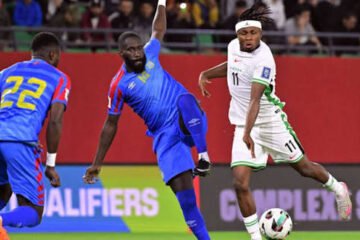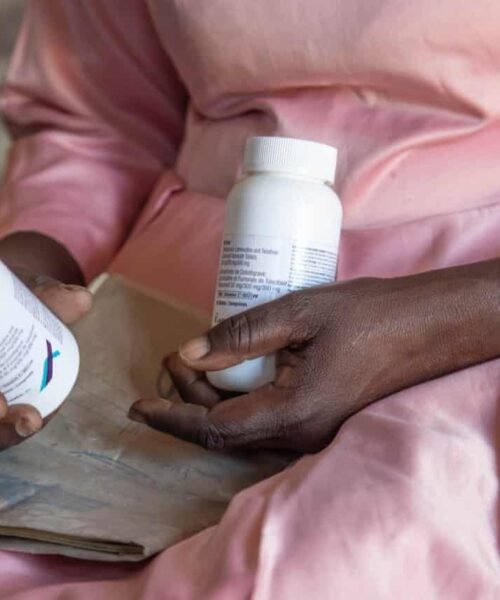By Rosemary Ameh, Sokoto
According to data obtained online, globally approximately 736 million women –which is almost one in three women –,have experienced physical or sexual violence at least once in their life time, primarily from intimate partners.
Physical and sexual violence has been meted on an estimated 30% of woman aged 15 and older.
More than 640 million women have experienced intimate partner violence.
In 2023, about 84,900 women were killed worldwide –the highest number of recorded femicides since 2014.
When 12-year-old Maryam left her home in rural Sokoto to gather firewood from the farm, she never imagined the day would end in trauma.
Finishing her farming chores, she then tied a bundle of firewood she had gathered,placed it carefully on her head and began the trek towards her house in the village.
However, danger lurked in the lonely pathway as halfway along the silent road, her cousin,a male, attacked her.
“I was in town when her mother called me with a trembling voice and she said: ‘Come home immediately, Maryam is not okay’,” recounts Malam Umar, Maryam’s father, who is in his late 60s.
He returned home to find his daughter lying on a mat, eyes bulging and filled with fear.
Apprehensive of what could happen next, he rushed her to hospital, where tests confirmed she had been assaulted.
The perpetrator was later found, arrested, prosecuted and jailed.
Sadly, Maryam’s story echoes the fate of many young girls in Nigeria. Nationally, over 30,000 cases of gender-based violence (GBV) were officially reported between 2020 and 2024.
And according to a survey by Invictus Africa, 63% of Nigerians say they have either experienced GBV themselves or know someone who has.
But, change is emerging and families like Maryam’s are leading the charge.
When parents refuse to accept silence and stigma, they become forces of accountability, reporting assault, supporting survivors, and demanding justice.
In communities where parents speak up, survivors are more likely to access legal aid, psycho-social support and medicare which are key ingredients in breaking cycles of violence.
Across Nigeria, survivors are also being supported through structured services, said Aisha Abdullah, a gender advocate with Nagari Foundation.
According to her, between January 2020 and July 2022, the GBV Situation Room recorded that about 90% of reported survivors were female and roughly half were minors.
This confirms what journalists reporting in rural Local Government Areas (LGAs) like those of Sokoto see on ground: that girls’ voices are too often unheard unless families act as advocates.















